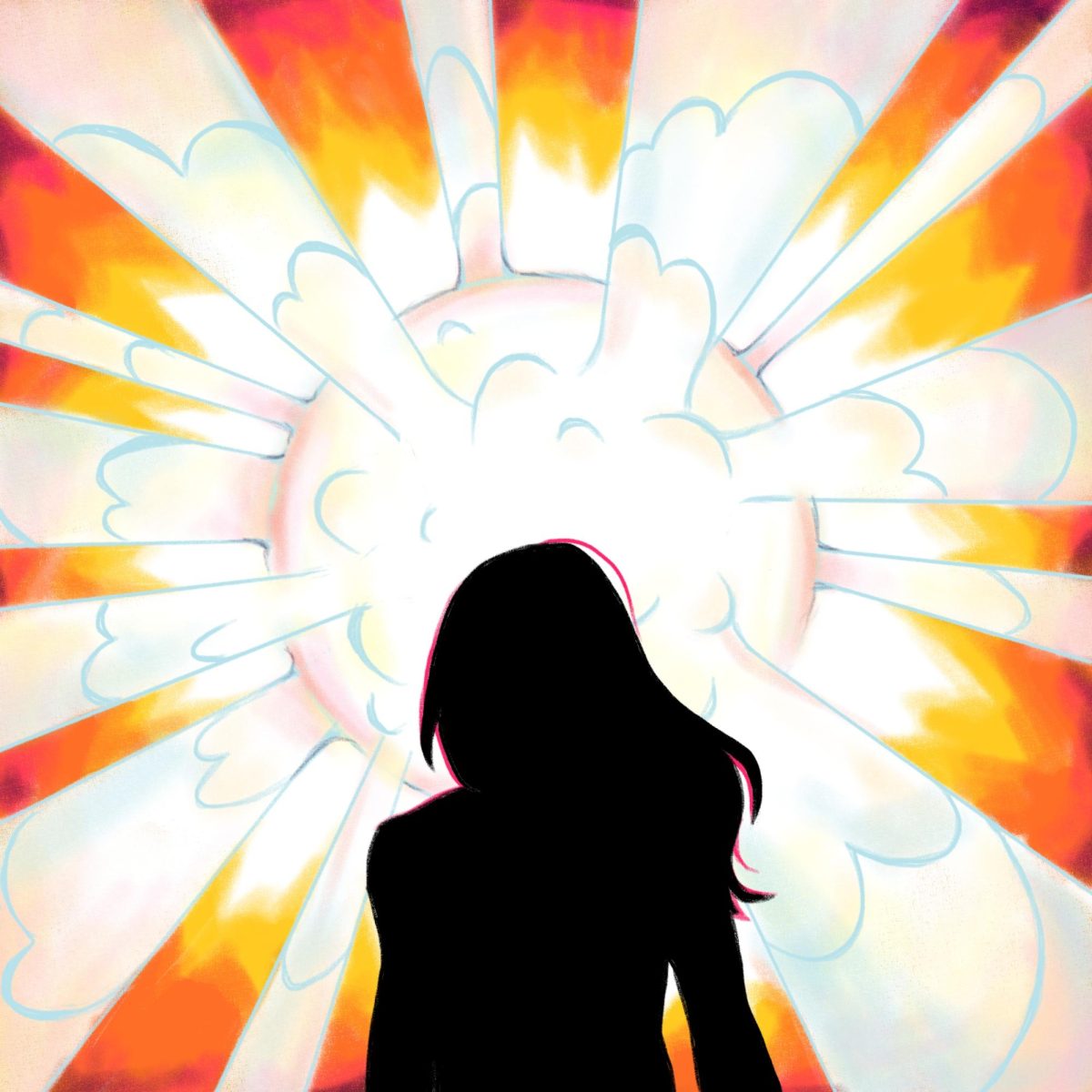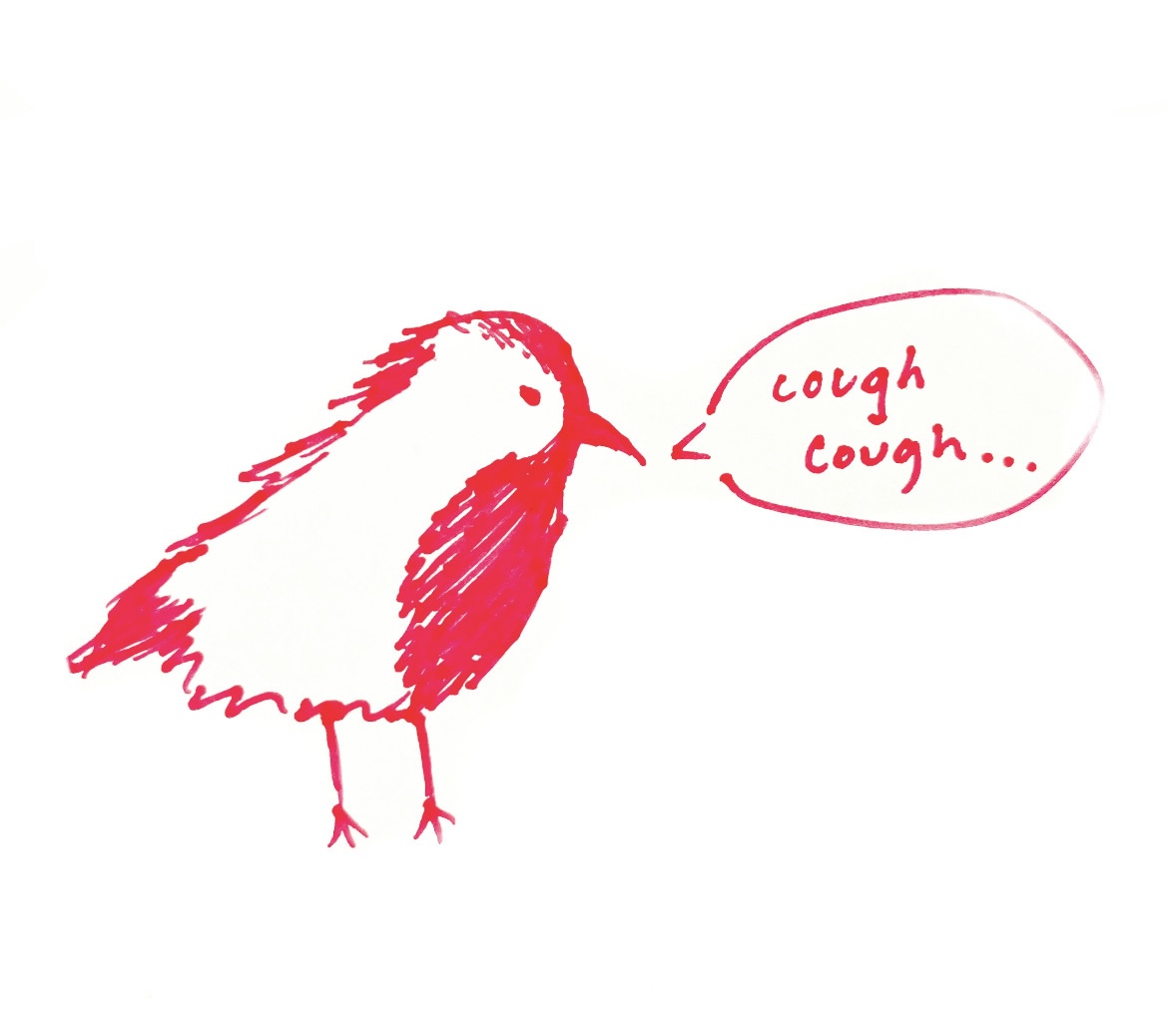It was October 2020, and I was enrolled at Whitman College for my first semester. Of course, Whitman College, like many institutions, was operating virtually and I was living at home with my parents, attending classes from my computer where I’d roll out of my twin bed into my desk chair and open Zoom seconds before my lectures began.
My older sister was also a student at Whitman, but she was a junior with a taste of freedom and no desire to live at home. She was living in Walla Walla on Alder Street, next to the Apex Mini Mart in a blue house with shitty heating and a purple glass-paned window.
It was during this time that I visited her for a weekend, skipping a 9 a.m. Friday chemistry lecture to drive six hours across the state. I played Rage Cage for the first time, consumed an innumerable number of cherry and lime-flavored Jell-O shots, laid down on a crusty mattress when the night ended with my head spinning and my heart full. This was college.
Monday came and I left Walla Walla, thrilled to have briefly tasted the Whitman experience. Google Maps directed me away from the highway, north into unfamiliar roads where cropland surrounded another campus of sorts: the Washington State Penitentiary (WSP). I blinked and the sprawling buildings with their large loops of razor wire and tendrils of smoke were gone, shrinking in my rear view mirror. I drove on in silence for a long while afterwards.
To this day, I’m unsure why I was routed past the Pen, but years later, at the conclusion of my college education, I now make the same drive north each Thursday to go to class in the Baker, Adams and Rainier (BAR) unit within WSP.
The gentlemen in the BAR unit are funny, kind, chatty, irritating, thoughtful and excellent classmates. I could have met these men anywhere, but I did meet them in prison. This thought has traced the insides of my brain for months now, never settling long enough for me to really make sense of it.
The truth is, before I signed up to take Dean Kazi Joshua’s ambiguously named “Social Justice” course, I hadn’t thought much about the Penitentiary, other than that brief encounter years ago. This is an inherently strange state of existence, but one that I think is broadly shared.
We do not think about the prison much even though it is fundamentally a part of the Walla Walla community. This is by design. If we were honestly confronted with prison in ways other than crude abstractions based on television shows or movies, there would be no more prisons, or they would be radically different than they are now.
We ignore the prison system because it is easy to do so. It is easy to do so because the people who could most authentically and with the greatest voice speak to their experience are literally incarcerated. It is easy to do so because prison reform or abolition feels hard and difficult and there are so many evils to face in the world: climate change, capitalism, colonialism and how could we possibly face one more? But the prison system is in many ways actually the perfect storm of all sorts of injustice.
The invisibility of the Washington State Penitentiary within our community upholds a system that takes advantage of people because they have in one way or another, for often complicated and complex reasons, harmed their own communities. What I didn’t know as I drove past WSP four years ago but that I do know now is that the license plates on my car and on all cars in Washington State are manufactured within the prison where the people inside work for as little as $1 an hour. I know now about practices like shotgun pleading, jury manipulation and other tactics within the criminal justice system that make the trial process anything but fair, especially if you don’t have money to pay for a good lawyer.
Each Thursday night, I drive home from class. I lay down in my bed with my head spinning and my heart full. Spending time in the Penitentiary is perhaps one of the most important things I have done in college. And it’s not because I feel as though I am fighting great structural injustice and saving the world. It’s because my classmates and I have thought-provoking discussions where I hear the voices of people unheard, where I feel empowered and seen within a community. This is college.




